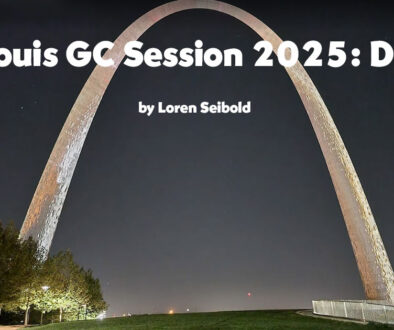Brendan Pratt Appointed to Lead Church’s Global Outreach to Secular and Post-Christian Groups
12 February 2024 |
According to a recent Adventist Review article, Brendan Pratt, the Ministerial Association Secretary of the Australian Union Conference, has been appointed to a new role aimed at enhancing the church’s outreach efforts to secular and post-Christian individuals worldwide. Pratt will serve as the director of the Global Mission Center for Secular and Post-Christian Mission, part of the Office of Adventist Mission at the General Conference.
This appointment underscores the church’s commitment to addressing the challenges of engaging with people who are either not affiliated with any religion or who live in societies with Christian heritage, but do not subscribe to Christian beliefs. Pratt’s work in Australia, combined with his upcoming role, aims to create more collaboration within mission work and develop strategies to connect with secular and post-Christian communities effectively.
Pratt brings a wealth of experience to his new position from his pastoral work in Australia and New Zealand, alongside his academic research focused on consumerism’s impact on the Adventist Church. His educational background includes bachelor’s and master’s degrees in theology from Avondale University and a PhD from Charles Sturt University in Australia.
Gary Krause, director of Adventist Mission, highlighted the importance of the secular and post-Christian demographic in the Church’s global mission strategy. This strategy is part of the Mission Refocus initiative, which aims to prioritize resources for frontline mission work, including outreach to secular and post-Christian people.
Pratt succeeds Kleber Gonçalves, who has transitioned to a role with the AdventHealth health system in Florida, USA. Gonçalves’ tenure emphasized the need for understanding and connecting with secular and post-Christian individuals through relevant and meaningful engagement. Pratt’s appointment is part of the Church’s broader effort to adapt its mission strategies to the evolving landscape of global belief and secularism.




